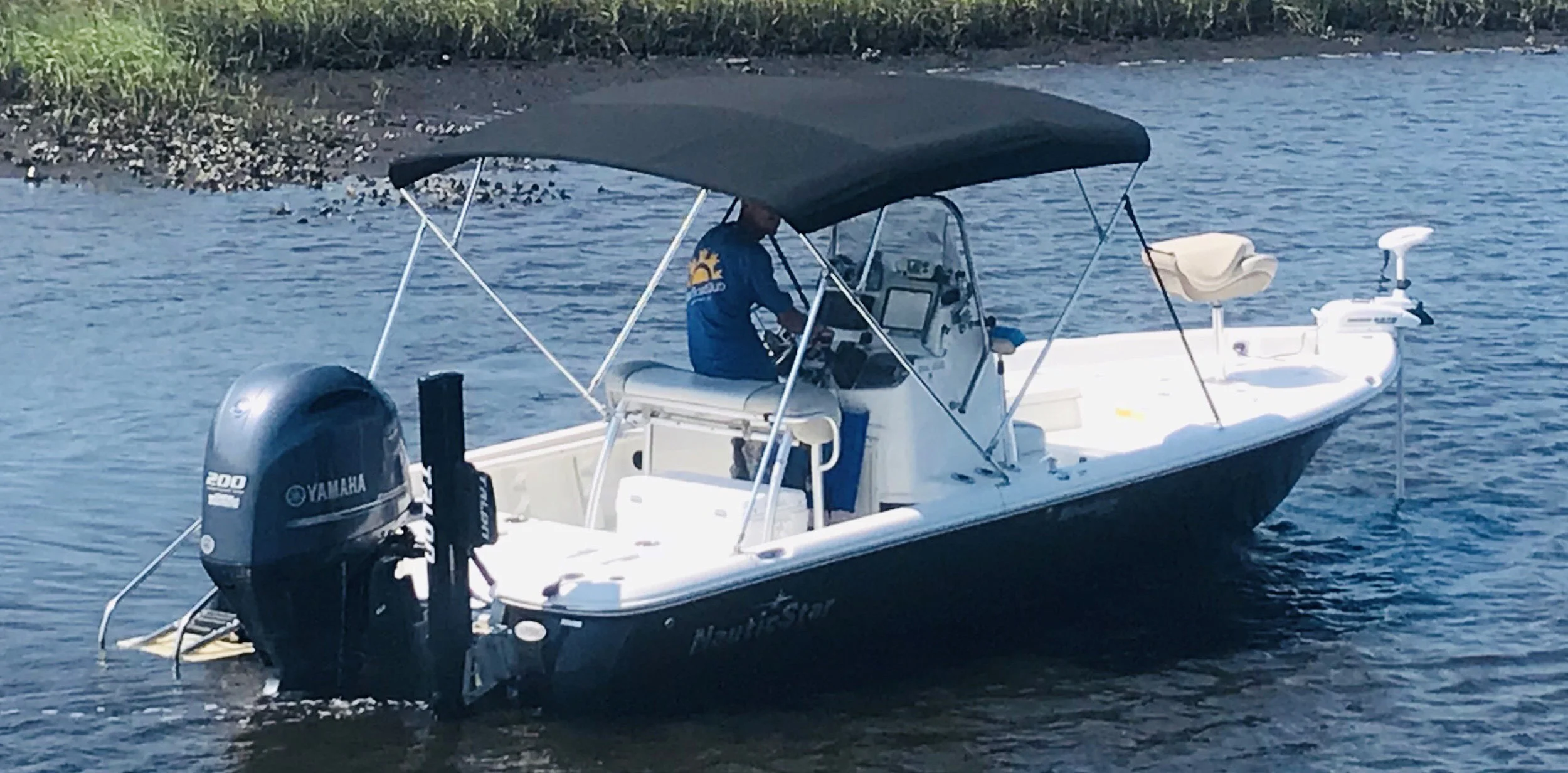Boating is not just about enjoying the water—it's about sharing that enjoyment with others in a safe and respectful manner. Whether you're new to boating or a seasoned captain, understanding proper boating etiquette helps ensure everyone has a positive experience on the water.
The most important boating etiquette rules include wearing appropriate life jackets for everyone onboard, maintaining safe distances from other vessels, respecting quiet zones, and being mindful of your wake's impact on other boaters and the shoreline. These unwritten rules go beyond the official regulations and reflect how considerate boaters interact with each other and the environment.
As you prepare for your next boating adventure, remember that good etiquette creates a culture of safety and enjoyment for all. From proper docking procedures to greeting fellow boaters with a friendly wave, these practices build a community of respectful mariners who look out for one another.
Fundamentals of Boating Etiquette
Proper boating etiquette ensures safety, reduces conflicts, and creates an enjoyable experience for everyone on the water. Following established protocols demonstrates respect for fellow boaters and the marine environment.
Pre-Departure Preparation
Before setting sail, ensure your vessel is fully prepared. Create a pre-departure checklist that includes safety equipment, navigation tools, and weather forecasts.
Arrive at the boat ramp ready to launch. Don't hog the boat ramp by preparing your boat in the launch lane. Load supplies, remove tie-downs, and disconnect trailer lights before approaching the ramp.
Respect others' time by being efficient. Have all passengers briefed on safety procedures and their responsibilities before departure. This includes knowing where life jackets are stored and how to use them.
Consider informing someone on shore about your planned route and expected return time. This safety measure is not just practical but shows responsibility to your passengers and the boating community.
Understanding Right of Way
Navigational courtesy requires understanding who has the right of way in different scenarios. Commercial vessels, sailboats under sail power, and vessels with restricted maneuverability typically have priority over recreational powerboats.
Keep to the right when approaching oncoming vessels, similar to road rules. When overtaking another boat, maintain a safe distance and reduce your wake to minimize disruption.
Key right-of-way situations:
Stand-on vessels (maintain course and speed)
Give-way vessels (take early action to avoid collision)
Crossing situations (vessel on the right has priority)
Be aware of anglers and give them wide berth. Fishing boats with lines in the water have limited maneuverability, so adjust your course accordingly.
Slow down for slower boats and reduce your speed in congested areas or near shorelines to minimize wake damage and erosion.
Docking and Mooring Manners
Approach docks slowly and with control. Practice docking during slow periods rather than busy weekends to build confidence without pressure.
Signal your intentions clearly to others. When approaching a marina or dock, avoid excessive engine noise and use hand signals to communicate with crew and other boaters.
Be considerate about space. Don't take up more dock space than necessary and moor your vessel properly with appropriate fenders to prevent damage to your boat and others.
Lend a hand in the marina when you see someone struggling to dock. Offering assistance builds goodwill within the boating community and might earn you help when you need it.
Keep noise to a minimum, especially in early mornings and evenings. Respect quiet hours in marinas and anchorages as sound carries effectively over water.
Advanced Considerations
Beyond basic boating etiquette, these refined practices will help you navigate more complex social and environmental situations on the water. These advanced considerations demonstrate your commitment to responsible boating and earn respect from fellow water enthusiasts.
Noise Control and Sound Signals
Understanding proper noise management is crucial for peaceful coexistence on waterways. Keep your distance from other boats and reduce speed when passing to minimize noise disturbance. This is especially important near residential shorelines or quiet coves.
Your boat's sound signals serve as an important communication tool. Learn these essential horn signals to communicate your intentions clearly:
1 short blast: "I'm altering course to starboard (right)"
2 short blasts: "I'm altering course to port (left)"
3 short blasts: "I'm operating in reverse"
5 short blasts: "Danger" or "I don't understand your intentions"
Avoid playing loud music, especially early morning or evening hours. Sound travels remarkably well over water, carrying much farther than on land.
Environmental Stewardship
Protecting waterways requires conscious effort from all boaters. Stay on course and avoid shallow areas to prevent damage to underwater habitats like seagrass beds, coral reefs, or breeding grounds.
Never discharge waste directly into the water. Use designated pump-out stations at marinas for your holding tanks. This isn't just good etiquette—it's often legally required.
Be mindful of your wake in environmentally sensitive areas. Excessive wake can cause shoreline erosion and disturb wildlife habitats. Reduce speed near nesting birds or marine mammal areas.
Carry trash bags on board and secure loose items. Participate in waterway cleanup events when possible to demonstrate your commitment to preserving these shared resources for future generations.
Guests and Crew Conduct
Brief your guests on proper boating etiquette before departing. Many first-time boaters are unaware of maritime customs and safety protocols. A quick orientation prevents embarrassing situations later.
Establish clear expectations for alcohol consumption. While enjoying beverages is part of boating culture, excessive drinking creates safety hazards and reflects poorly on you as a captain.
Be on time when meeting friends for boating outings. Punctuality shows respect for others and allows for maximum enjoyment of your day on the water.
Teach guests proper marina behavior, including appropriate noise levels when returning late and respecting others' space on docks. Remember that in the boating community, your guests' behavior directly reflects on your reputation as a captain.

